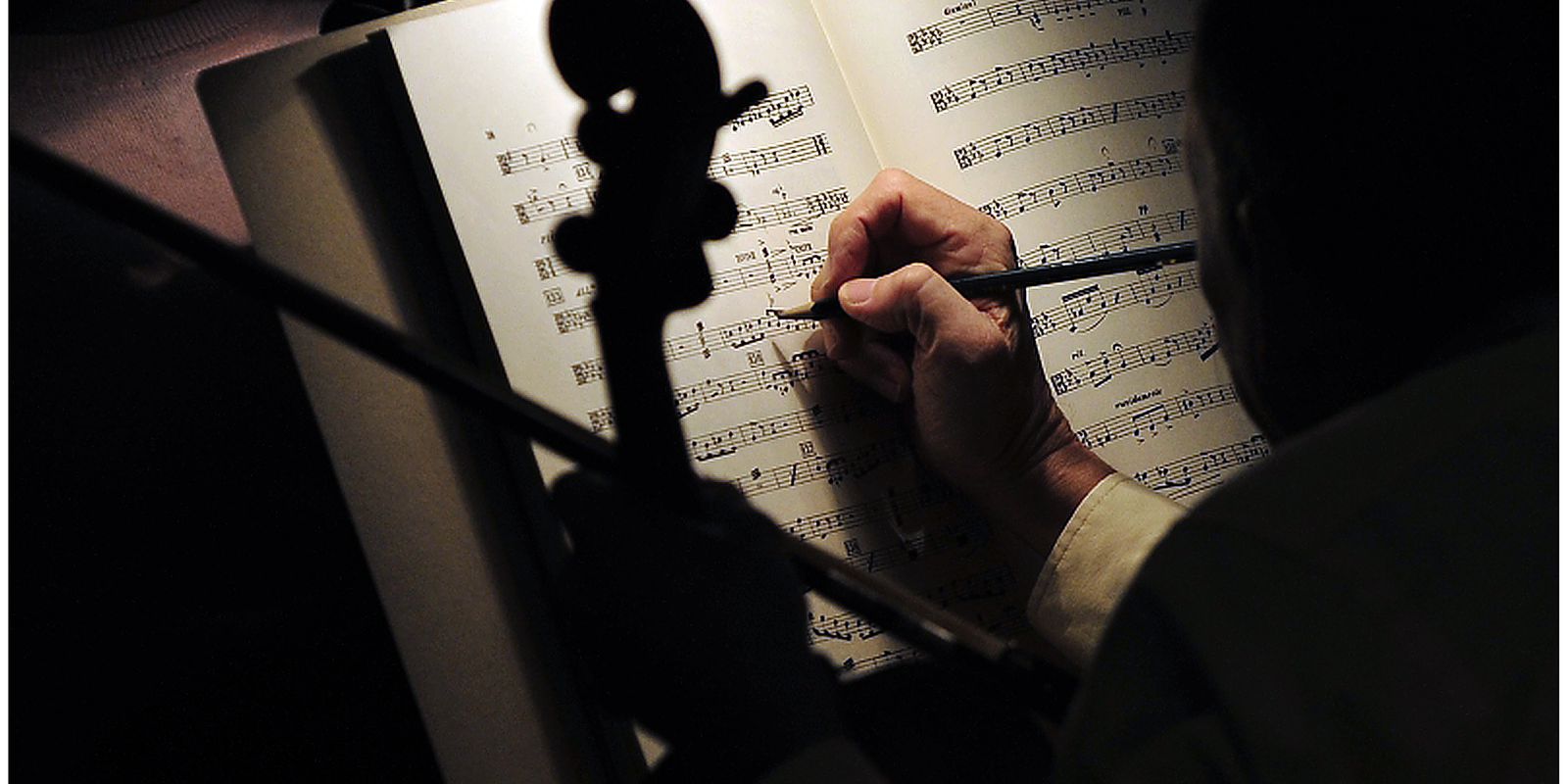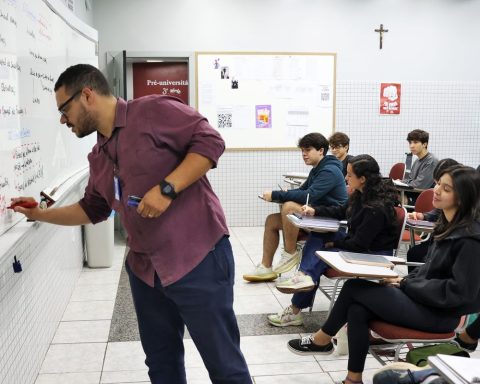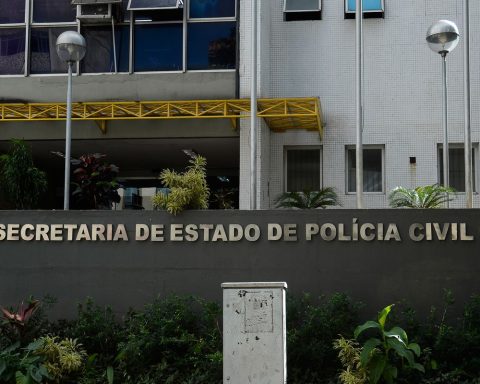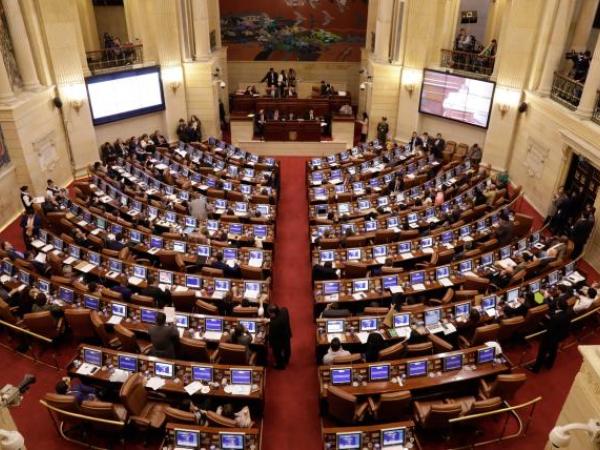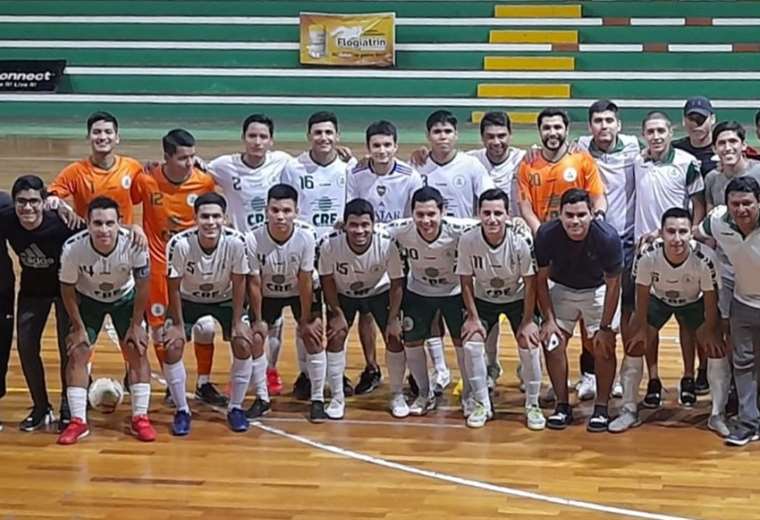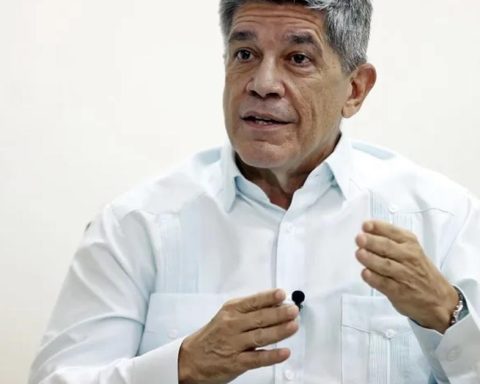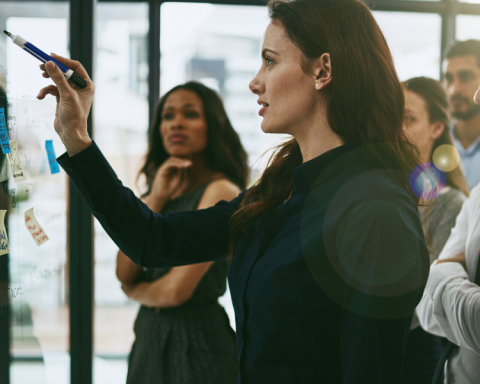The number of professionals working in the creative industry sector in Brazil grew by 11.7% from 2017 to 2020, with an uneven distribution between areas. While in consumption the number of employment contracts rose 20% and in technology it increased 12.8%, in culture there was a drop of 7.2% and in media it decreased by 10.7%.
The data are in the seventh edition of the Creative Industry Mapping, released today (5) by the Federation of Industries of the State of Rio of January (Firjan). The survey shows that the country has today 935 thousand creative professionals with formal jobs, 47% of them in the consumer area, 37.5% in technology, 9.1% in media and 6.4% in culture.
Firjan divides the creative industry into culture – which includes cultural expressions, performing arts, music, heritage and the arts; technology, with information and communication technology (ICT), biotechnology and research and development, the consumer area – which encompasses advertising and marketing, design, architecture and fashion; and media, which refers to the editorial and audiovisual segments.
The first edition of the survey dates back to 2008 and was biannual, but the entity decided to delay the survey by one year to include 2020, gathering information on how the covid-19 pandemic affected the sector. The source of the study is the Ministry of Labor and Social Security.
The main falls in the sector’s employment relationship, from 2017 to 2020, were in the performing arts (-26.6%), heritage and arts (-20.6%), fashion (-16.9%) and editorial (-14 .4%). The most significant increases in the same period occurred in advertising & marketing (48.2%), biotechnology (22.7%), ICT (18.5%) and cultural expressions (7.8%).
By state, the largest creative industry markets continue with São Paulo, which has 380,400 links, and Rio of January, with 95.7 thousand. In the area of culture, the North and Northeast states stand out in terms of the number of professionals in the sector:
Paraíba (13.6%); Bahia (12.2%); Piauí (11.8%); Alagoas (11.4%); Acre (11.0%) and Rio Grande do Norte (10.6%) lead the ranking participation of professionals in the cultural area.
According to Firjan, the share of the creative industry in the Gross Domestic Product (GDP) increased from 2.61% in 2017 to 2.91% in 2020, with a total of R$ 217.4 billion, a record percentage in the historical series, which began in 2004. The value is comparable to the production of civil construction and exceeds mineral extraction.
Pandemic
The vice president of Firjan, Leonardo Edde, highlights that the changes reflect the new business models and consumption habits, with the expansion of technology in the pandemic and the consequent need for the digital transformation of companies in all segments, as well as the restructuring of the media sector, which changed the forms of production, dissemination and consumption of content.
“Creative productions helped us face the difficult days of the pandemic and maintain mental health in isolation. The problem is that we only consume, but we no longer generate this wealth due to isolation and other physical barriers generated by the pandemic. In other words: consumption increased and cultural production fell,” he says.
The research highlights that the scenario at the end of the first year of the pandemic was 14.8 million unemployed in the country, which corresponded to 14.7% of the economically active population, including 31% of young people.
According to the study, the average remuneration of professionals in the creative sector, of R$6,926.00 in 2020, was 2.37 times higher than the average remuneration of Brazilian workers, which was R$2,924.00. In 2017, this difference was 2.45 times.
The manager of innovation environments at Firjan, Julia Zardo, highlights that the paradigm shifts experienced during the pandemic were incorporated and coexist with the old ones.
“These paradigms coexist and we are creating new ones. As the analog will coexist with the technological, these experiences will be re-signified. Face-to-face and digital, human beings have used the new information and communication technologies, but after two years of using them, we remembered that human beings are social animals and need to go out on the street, find themselves”.
Julia highlights the increase in sales online, which rose 785% in revenue in the first five months of 2022, compared to the pre-pandemic period. São Paulo alone registered 924 thousand requests in the e-commerce of January to May, followed by Rio of Januarywith 331 thousand, and Santa Catarina, with 279 thousand.
“We have a survey by Firjan from last year with the industries, showing many changes in their production and sales process. Around 80% said that they would not go back to the way they were before, that they liked the changes and will continue to change more and more”, says Julia.
Thematic analysis
This edition of the mapping brought four thematic analyses. Edde explains that in Soft Power and development based on the culture and identity of the territories”, the survey indicates the potential that Brazil has to use its image and influence to stimulate business and generate development.
“We are working to bring back the positive potential of Soft Power Brazilian. It is a country that, in international studies, presents positive indices related to a party country, a friendly, receptive people. Brazil is very familiar in the world”.
He points out, however, that there is also a negative international image of Brazil, which needs to be reversed.
“These references, such as the Brazilian way, the carioca trickery, contribute to this Soft powerr reverse, which brings a negative image to the business community, which is an image of corruption, trickery, knack in business and services and so on. Of course, there is the reality of what happens, as it exists anywhere in the world, but we need to understand and work on our Soft Power in a positive way.”
The other special analyzes are Definitions and Frontiers of the Creative Economy, which proposes a discussion on what is Creative Economy – Challenges to the valuation of intangibles in Creative Industries, to address the central role that intangible assets have been gaining in an increasingly digital economy. ; and Aspects of Intellectual Property Protection”, which discusses the sale of copies and the licensing of copyright
The complete study is available on the website https://www.firjan.com.br/EconomiaCriativa.
Audiovisual Reference Center
The presentation of the study takes place together with the launch of the Firjan Senai Sesi Laranjeiras School, which will be a reference center in the audiovisual sector in the state of Rio. Technical courses such as Audio and Video Production, Youtube Content Developer and Computer Graphics will be offered on site, at Rua Ipiranga number 75.
The structure has costume, motion capture, colorimetry, workstation and digital fabrication laboratories, with 3D printers and laser cutting machines. Edde highlights that the school is aligned with the structural changes that affect the creative industry.
“There is a very strong trend towards digitization in the sector, and our school is here to meet this need and introduce more professionals with all types of qualifications into the market., especially at this time when productions have resumed and are in full swing.”
More information on the website www.firjansenai.com.br/audiovisual.
